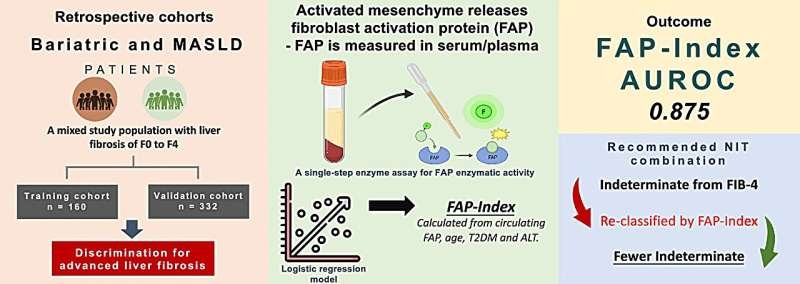Criteria for Diagnosing Celiac Disease May Be Too Stringent
By Labmedica staff writers
Posted on 29 May 2008
Current diagnostic criteria for celiac disease include small intestinal mucosal membrane villus atrophy and inflammation. According to new evidence, these criteria may be too stringent, leaving patients with the disease undiagnosed and untreated.Posted on 29 May 2008
Celiac disease is an autoimmune disorder in the small intestine triggered by the consumption of a common protein called gluten--found in bread, pasta, and many other common foods. Though the disease is genetic, it often goes undiagnosed. Symptoms of gluten toxicity include diarrhea, weight loss, abdominal pain, anemia, and oral ulcerations. While most people with celiac disease do well on a gluten-free diet, the level of gluten avoidance needed to maintain disease remission represents a significant burden
To determine if the current diagnostic criteria are too narrow, 145 patients suspected of having celiac disease were examined. Seventy-one of the patients were found to be endomysial antibody-positive, and of those only 48 met the criteria under the current definition of celiac disease. The remaining 23 patients were divided randomly into two groups. One group was placed on a gluten-free diet and the other continued a regular diet that included gluten.
Patients were biopsied again after one year following their respective diets. Patients on the gluten-free diet were asymptomatic and their endomysial antibodies disappeared, as did their small intestinal mucosal inflammation. However, the patients on a regular diet continued to experience symptoms. These patients continued to be endomysial antibody-positive and showed further deterioration of the small bowel membrane, mucosal inflammation, and gluten-induced lesions in the bowel.
According to Markku Maki, M.D., professor of pediatrics at the University of Tampere, Celiac Disease Study Group (UTa, Tampere, Finland) patients on the gluten-free diet elected to continue the diet after the yearlong study, and the patients on the regular diet elected to eliminate gluten from their diet and over time became symptom free, endomysial antibody-free, and experienced healing of the mucosal membrane.
Scientists believe that over time, patients who are endomysial antibody-positive may develop the gut injury that makes up the current criteria for diagnosing celiac disease. "By redefining the criteria for celiac disease, we can treat patients before they begin to experience the most severe symptoms and signs of the disease,” said Dr. Maki.
This study was presented at the Digestive Disease Week (DDW) in San Diego (CA, USA) which took place from May 17-22, 2008.
Related Links:
University of Tampere














